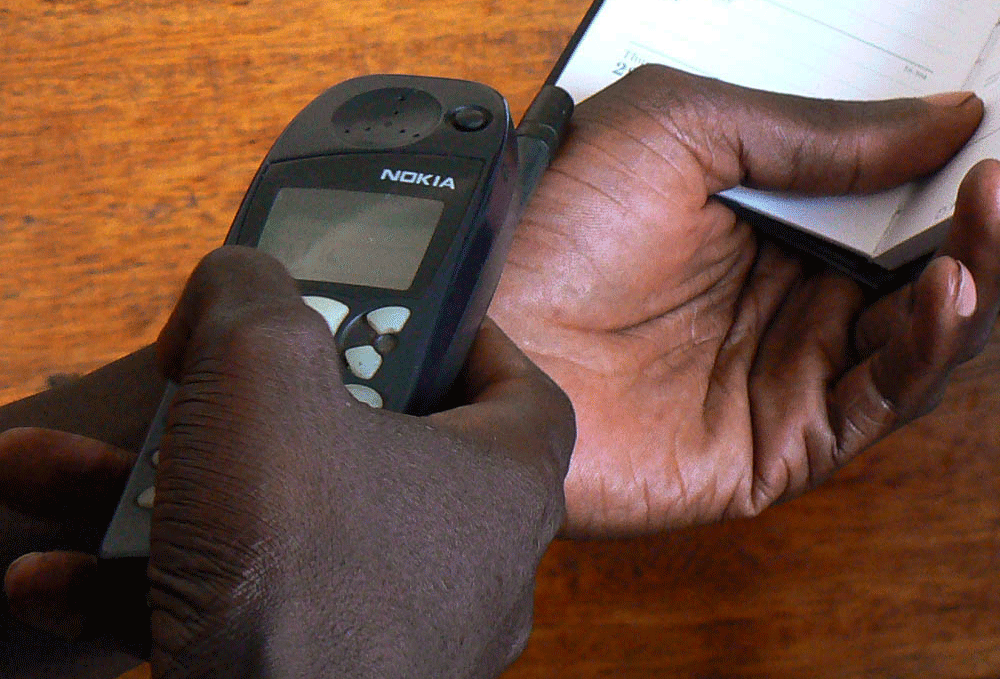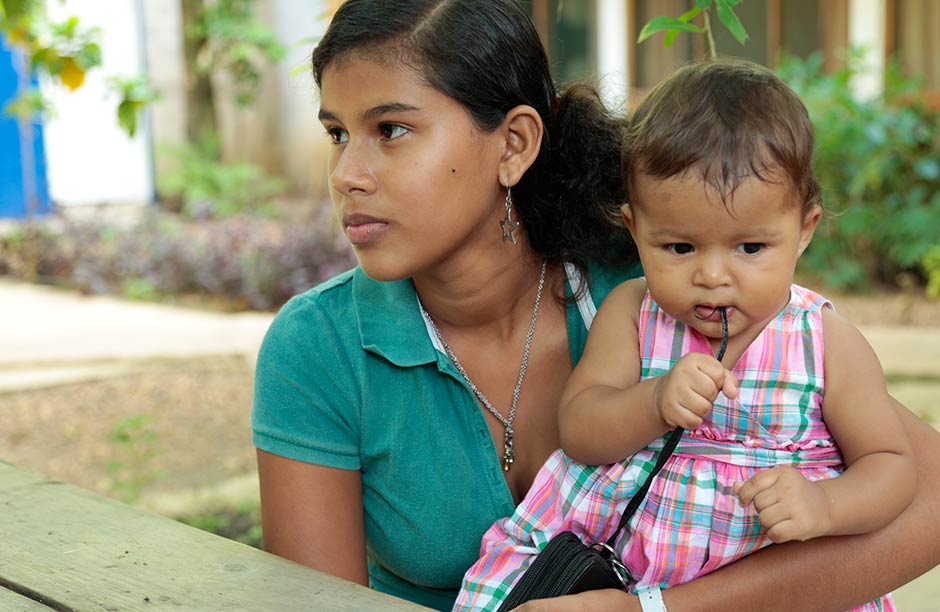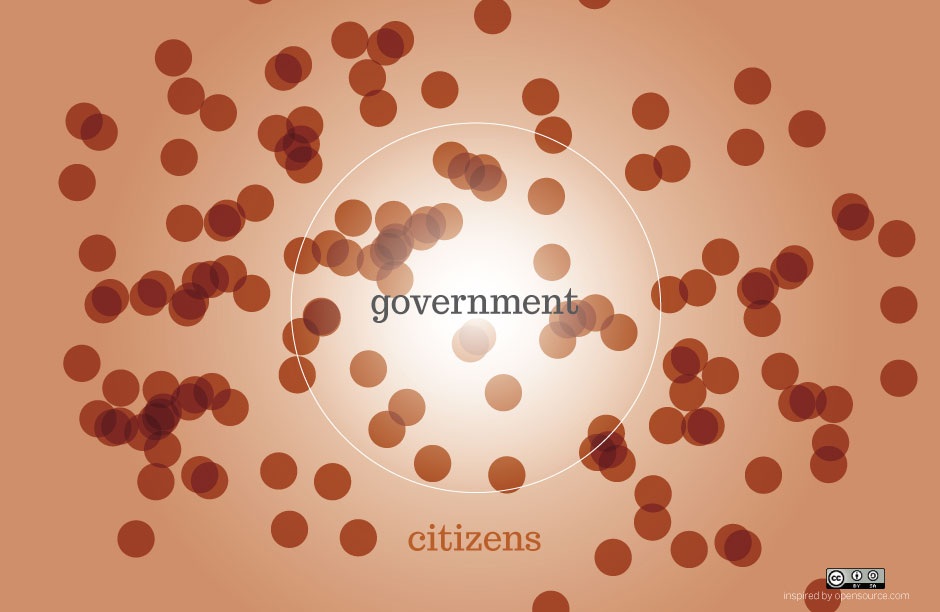Mobile Services
Busting Myths Around Mobile Banking
One presentation that perked my ears at the recent Columbia Institute for Tele-Information’s Mobile Money II Conference was by Judith Mariscal of CIDE, a Mexican social science research centre. In examining literature on mobile money vis-a-vis data from select deployments, Mariscal and research partner Ernesto M Flores-Roux found that many of mobile banking’s accepted maxims don’t always hold. Their resulting “The Enigma of Mobile Money” [presentation and paper], which Mariscal presented at Mobile Money II, thus tempers the oft breathless enthusiasm for mobile as holy grail for the poor and unbanked.
To date, we’ve seen relatively few mobile banking home runs — currently, of nearly 100 deployments worldwide, only 10 can claim over one million users — thus, Mariscal noted, our understanding of what it takes to succeed in mobile banking is patchy at best and a more critical eye towards industry truisms is warranted. Some common myths addressed by Mariscal and Flores-Roux:
Mobile Money: Why ‘Innovation’ Misses the Point
Many of the world’s poorest live without access to basic banking services such as savings, insurance, payment services, and basic credit. Those in the developed world often take these services for granted without realizing their contributions to secure, productive livelihoods. Savings allow us to decrease our risk in handling cash and insurance allows us to protect against economic shocks; payment services allow us to save time that can be spent in more productive ways and basic credit allows us to use current assets to capitalize on future opportunities.
Half the global population, however, lives without such services, or at least without such services as enjoyed by the majority of the developed world. The percentage of households that are financially excluded increases to 80 percent when looking at Africa. Traditionally unattractive to commercial banks, low-income populations are forced to seek out alternative service providers, often at great financial burden and opportunity cost to themselves.



